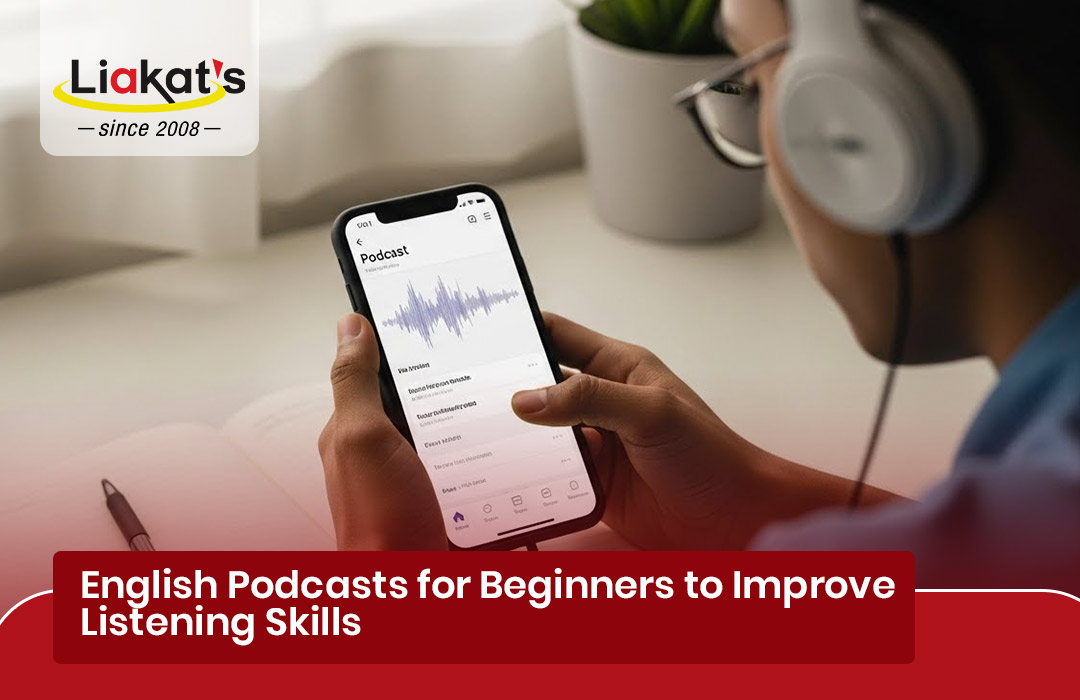Learning to speak English fluently doesn’t happen overnight. However, with consistent spoken English practice, even beginners can gain confidence and communicate effectively. Speaking English can unlock new opportunities whether you’re a student, job seeker, or professional. This article shares seven simple yet powerful spoken English practice methods that helped me and can help you, too!
Why Spoken English Practice Matters in Daily Life
Practicing spoken English daily improves more than just language. It builds confidence, helps in job interviews, enhances communication with colleagues, and supports academic growth. You don’t have to be perfect—just consistent.
Pro Tip: Make English a part of your everyday routine—while commuting, cooking, or walking.
How I Overcame Fear of Speaking English in Public
Fear is natural. I used to avoid speaking up in class or public places. But then I realized that making mistakes is part of learning. I started speaking with close friends first. Over time, my fear faded.
Takeaway: Start small. Speak in front of a mirror or to a trusted friend. Gradually move to larger groups.
Practice English with Friends and Family – It Works!
Your family or friends are the best practice partners. Set 10–15 minutes a day to speak only in English. It might initially feel strange, but it becomes fun and effective quickly.
Transactional tip: Invite friends for a 5-day English challenge. Use a timer and daily topics.
Use Mirror Talk to Boost Confidence and Fluency
Stand in front of a mirror, look yourself in the eye, and speak for 2–5 minutes. This method trains your mouth to speak fluently and helps reduce nervousness.
Example: Talk about your day, weekend plans, or a favorite movie.
Watch English Shows & Speak Along – Fun & Effective
Pick your favorite English TV shows or YouTube channels. Listen carefully, repeat phrases, and imitate pronunciation. Subconsciously, you’ll absorb grammar, vocabulary, and tone.
Tip: Use subtitles at first, then challenge yourself without them.
Join Online Speaking Groups or Language Partners
There are many free or paid English-speaking groups online. Platforms like Facebook, WhatsApp, Telegram, and apps like Tandem or HelloTalk connect you with English learners globally.
Action Step: Join one today. Speak at least once a day in a group or with a partner.
Record Yourself Speaking – Track Real Progress
Recording your voice helps you hear your mistakes and track improvement over time. Speak on a topic for 2 minutes, listen, and try again the next day.
Result: You’ll be surprised how much progress you can see in 30 days.
Celebrate Small Wins in Your English Practice Journey
Did you speak for 2 minutes today? That’s a win! Small wins build motivation and confidence. Reward yourself and stay positive.
Motivational tip: Keep a journal of your English wins. Look back whenever you feel stuck.
Conclusion
Spoken English practice doesn’t require fancy tools—just your time and dedication. By using these seven proven methods, your confidence and fluency improve faster than expected. Start today, and thank yourself later.
🙋♂️ Frequently Asked Questions (FAQs)
What is the best way to practice spoken English at home?
You can practice at home by speaking in front of a mirror, recording yourself, or talking with family members in English.
How long should I practice speaking English daily?
Even 10–15 minutes daily can make a huge difference if done consistently.
Can I learn spoken English without a teacher?
Yes! Self-practice methods like watching videos, mirror talk, and using apps can be highly effective.
What are some good apps for spoken English practice?
Apps like Tandem, HelloTalk, Speaky, and Cambly connect you with real conversation partners.
Why am I good at grammar but can’t speak fluently?
Because speaking is a separate skill, it requires regular verbal practice, not just writing or reading.
Is it okay to make mistakes while practicing?
Absolutely! Mistakes are part of learning. Speak first, correct later.
How do I stay motivated to keep practicing?
Set small goals, track progress, and celebrate every slight improvement.





